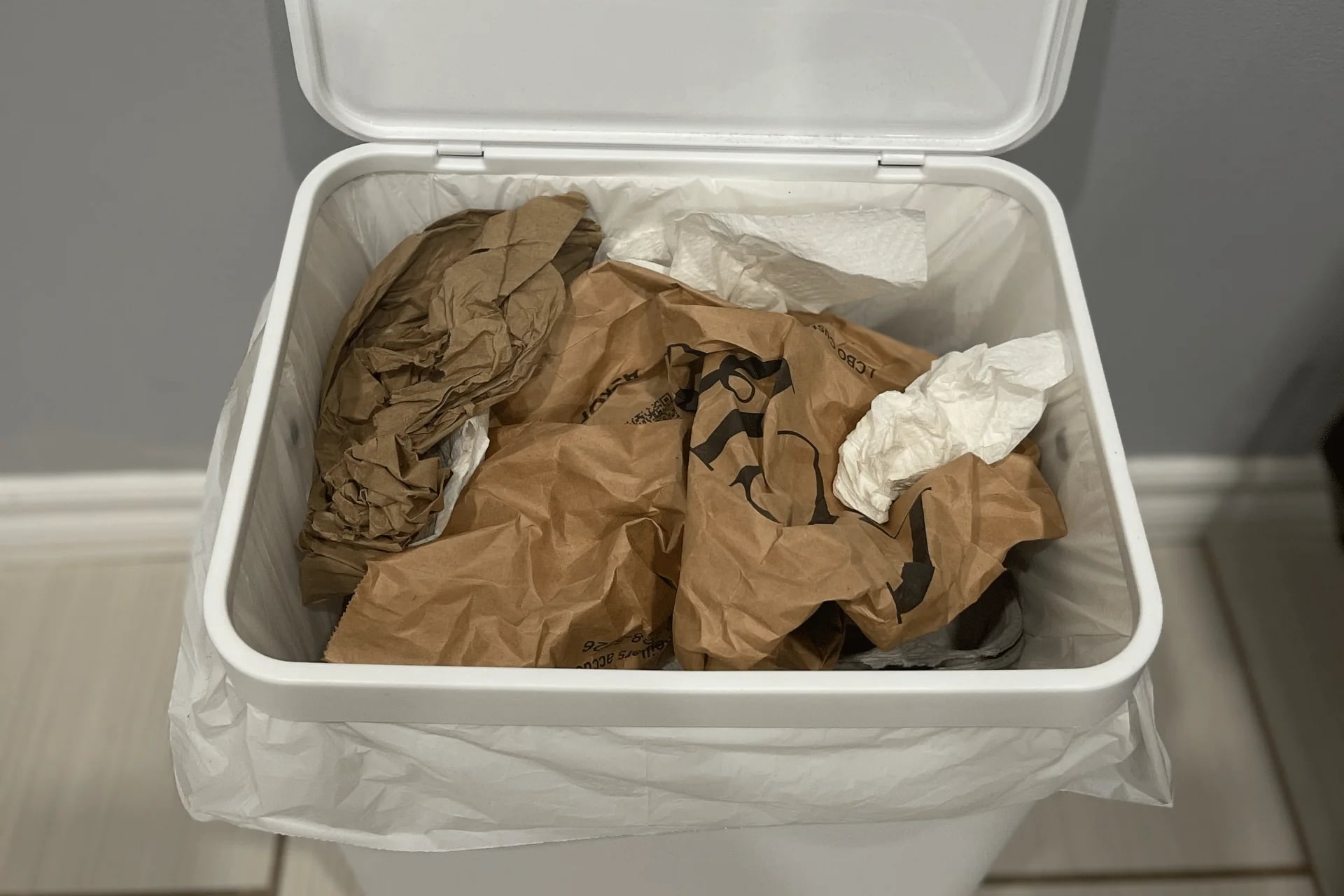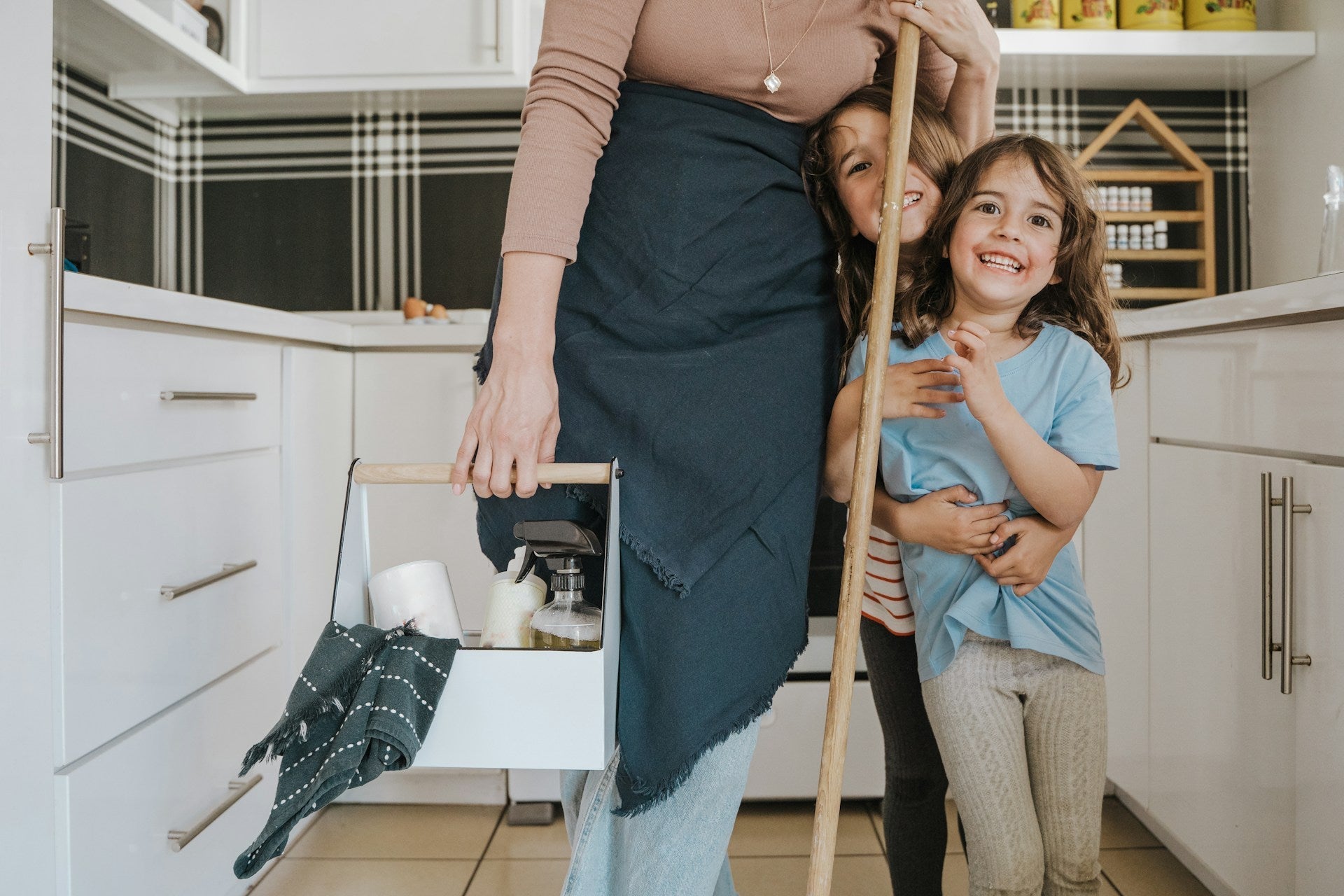For eco-conscious home consumers in the U.S., composting is an essential part of adopting a sustainable and environmentally friendly lifestyle. Not only does it help reduce the volume of organic waste sent to landfills, but it also generates valuable, nutrient-rich compost that can be used to nourish gardens and landscapes. Compostable bags, like those by Plastno, are designed to simplify and streamline the composting process. Made from non-GMO, renewable plant-based materials, they provide a safe, sustainable, and convenient solution for collecting and disposing of compostable waste at home.
In this comprehensive guide, we will explore the benefits of home composting, the types of waste suitable for composting, and how to best utilize compostable bags in your composting efforts. Additionally, we will provide easy, step-by-step instructions for setting up an efficient composting system at home and share tips for achieving optimal composting results.
By understanding the importance of composting and its role in promoting a sustainable lifestyle, homeowners and renters can do their part to combat climate change, reduce landfill waste, and foster a healthier environment for future generations. With the help of compostable bags, composting becomes a simpler, more accessible practice — empowering individuals to take charge of their waste management and contribute to a greener, more sustainable world.
Benefits of Home Composting
Composting at home has numerous environmental and practical benefits that make it an essential practice for eco-conscious individuals:
- Waste Reduction: By composting organic waste, you can significantly reduce the volume of material sent to landfills, where it would otherwise release harmful greenhouse gases like methane.
- Creation of Valuable Nutrients: Composting produces nutrient-rich compost that can be used as a natural fertilizer for gardens, lawns, and houseplants, enriching the soil and promoting healthy plant growth.
- Reduction of Composting Costs: Composting at home can save money by eliminating the need to purchase chemical fertilizers, reducing garden waste disposal costs, and minimizing the use of conventional plastic trash bags.
- Contribution to a Circular Economy: Composting turns waste into a valuable resource, encouraging a circular economy in which resources are repurposed and renewable materials replace single-use plastics.
Types of Waste Suitable for Composting
For successful home composting, it's essential to understand which types of waste are suitable for the process. Some common compostable materials include:
- Fruit and Vegetable Scraps: Remnants from fruit and vegetable preparation are perfect for composting, as they decompose quickly and provide valuable nutrients.
- Coffee Grounds and Tea Leaves: Used coffee grounds and tea leaves make excellent compost materials, contributing nitrogen and other nutrients to the compost pile.
- Eggshells: Crushed eggshells add calcium to the compost, promoting strong cell walls in plants.
- Leaves, Grass Clippings, and Yard Debris: Fallen leaves, grass clippings, and small branches are ideal compost components, offering a good balance of carbon and nitrogen.
- Sawdust and Wood Shavings: These materials provide additional carbon, but make sure to use untreated and unpainted wood products only.
It's crucial to avoid meat, dairy, oils, and pet waste in compost heaps, as these items can attract pests, emit foul odors, and disrupt the balance of beneficial microorganisms necessary for the composting process.
Incorporating Compostable Bags into Your Composting System
Compostable bags are an efficient and eco-friendly solution for collecting and disposing of compostable waste in homes. Here's how to incorporate them into your composting routine:
- Kitchen Collection: Line a small kitchen container with a compostable bag to collect fruit and vegetable scraps, coffee grounds, and other compostable waste generated during meal preparation.
- Maintenance: Replace the compostable bags as needed and dispose of them in your designated composting area. The bags will break down alongside the organic waste, eliminating the need for plastic bin liners and simplifying the process.
- Outdoor Composting: Using larger compostable bags for yard waste can make transporting it to your compost pile or curbside collection point more manageable.
- Monitor and Monitor: Regularly check your compost pile for proper decomposition and ensure that the compostable bags are breaking down as intended.
Setting Up a Successful Home Composting System
Following these simple steps will help you set up a successful home composting system:
- Choose a Location: Find a spot for your compost pile or bin—ideally in a shaded area that allows for easy access and remains relatively unnoticed.
- Compost Container: Decide whether to use an open-air compost pile, a store-bought compost bin, or even a homemade bin made from items like wooden pallets or wire mesh.
- Layer Your Waste: Begin adding compostable waste to your pile, layering "green" materials (fruit and vegetable scraps, grass clippings) with "brown" materials (leaves, sawdust) to create a balanced mix that promotes efficient decomposition.
- Turn and Aerate: Regularly turn and mix your compost pile, ensuring that oxygen reaches all parts of the heap. This helps avoid foul odors and speeds up the decomposition process.
- Assess the Progress: Monitor the compost pile's progress, checking for decomposition and adjusting the green-to-brown ratio as needed. Healthy compost should have an earthy smell and crumbly texture.
Conclusion
Integrating compostable bags into your home composting efforts can simplify the process and enhance your commitment to sustainable, eco-friendly living. As beneficial as composting is for both your garden and the environment, adopting this practice can make a meaningful impact in reducing waste and fostering a healthier planet.
By following this comprehensive guide and embracing the advantages of compostable bags, you can establish an efficient home composting system that aligns with your eco-conscious values. Embracing sustainable waste management practices like composting helps demonstrate individual responsibility and contributes to the growing collective effort to create a greener, more sustainable future for all.
Are you tired of plastic bags polluting the environment? Join the eco-friendly revolution with Plastno's compostable trash bags! Our bags are made from sustainable plant-based materials that are non-GMO and completely biodegradable. By using Plastno's compostable bags in your home, you're taking a stand against plastic waste and helping to make a positive impact on the planet. Plus, our bags are reliable and convenient for everyday use, so you don't have to sacrifice practicality for sustainability. Join us in the fight against plastic pollution and switch to Plastno's compostable bags today!






Share:
Sustainable Waste Management: The Role of Compostable Trash Bags in a Greener Home
Surprising Truth: Paper & Bamboo Straws with PFAS vs. Plastic Straws | Eco-friendly Alternatives